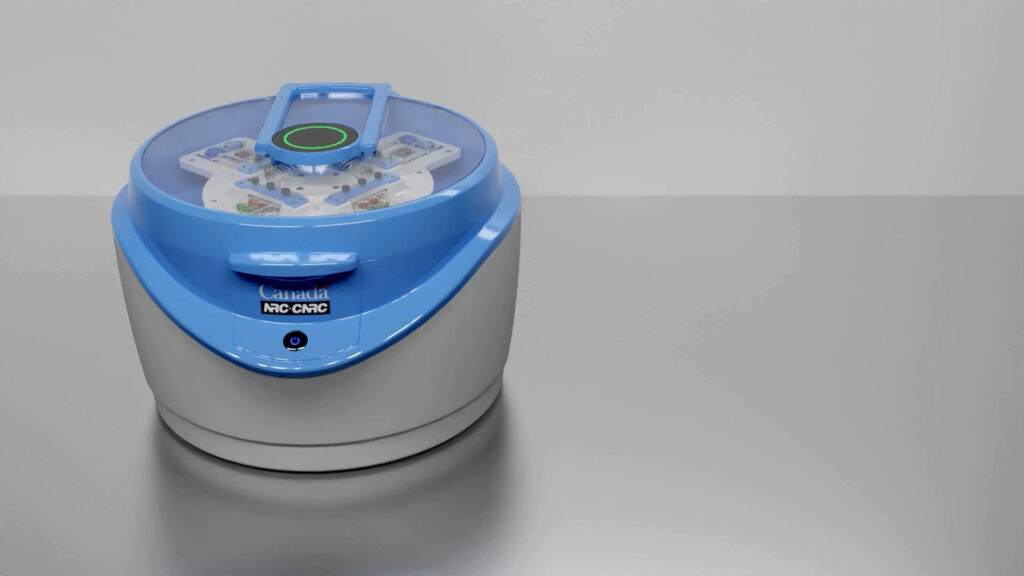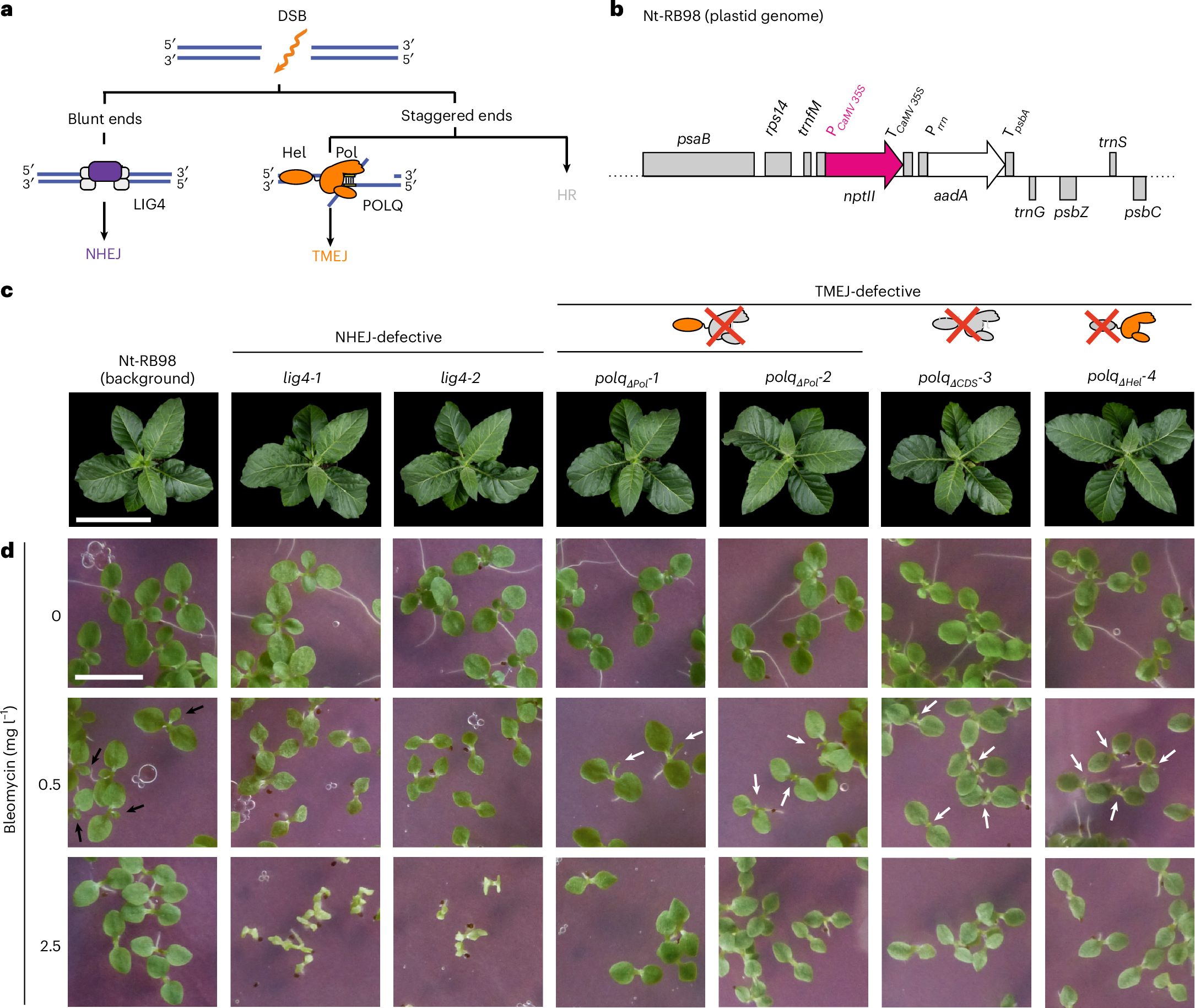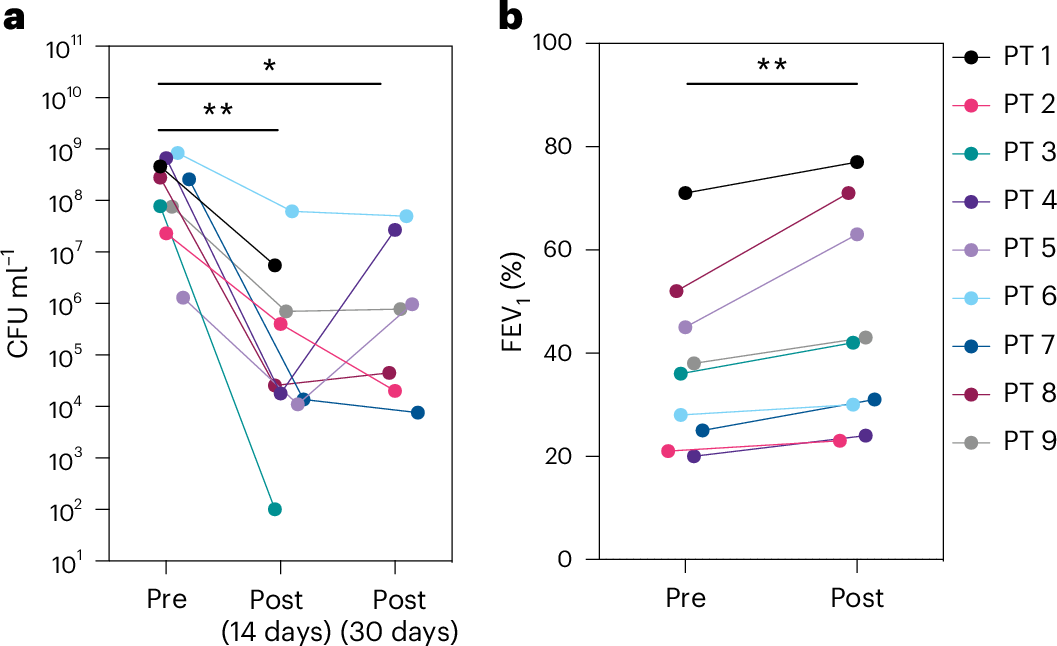2025-05-27 ブリティッシュコロンビア大学 (UBC)
 PowerBlade is a portable device that uses a drop of blood and an automated sequence of steps to efficiently detect sepsis. Photo credit: NRC.
PowerBlade is a portable device that uses a drop of blood and an automated sequence of steps to efficiently detect sepsis. Photo credit: NRC.
カナダのブリティッシュコロンビア大学(UBC)とスピンオフ企業Sepsetの研究チームは、敗血症(セプシス)を迅速かつ高精度で予測できる新しい血液検査と携帯型診断装置「PowerBlade」を開発しました。この検査は、機械学習を用いて特定された6つの遺伝子発現パターン「Sepset」を基に、発症前の患者を90%以上の精度で特定します。さらに、RT-PCR法を用いた検証では、94%の精度で早期敗血症を検出しました。
◆「PowerBlade」は、わずか1滴の血液から自動的に検査を行い、3時間以内に結果を提供します。30人の患者を対象とした試験では、92%の精度で敗血症リスクの高い患者を特定し、89%の精度でリスクの低い患者を判別しました。この装置は、救急室や遠隔地の医療現場での使用を想定しており、迅速な治療開始を可能にします。
◆この研究成果は、2025年5月27日に『Nature Communications』誌に掲載され、敗血症の早期診断と治療に革新をもたらす可能性があります。
<関連情報>
- https://news.ubc.ca/2025/05/rapid-bedside-test-predicts-sepsis-with-over-90-percent-accuracy/
- https://www.nature.com/articles/s41467-025-59227-x
ベッドサイドでの敗血症予測のための機械学習と遠心マイクロ流体プラットフォーム A machine learning and centrifugal microfluidics platform for bedside prediction of sepsis
Lidija Malic,Peter G. Y. Zhang,Pamela J. Plant,Liviu Clime,Christina Nassif,Dillon Da Fonte,Evan E. Haney,Byeong-Ui Moon,Victor Min-Sung Sit,Daniel Brassard,Maxence Mounier,Eryn Churcher,James T. Tsoporis,Reza Falsafi,Manjeet Bains,Andrew Baker,Uriel Trahtemberg,Ljuboje Lukic,John C. Marshall,Matthias Geissler,Robert E. W. Hancock,Teodor Veres & Claudia C. dos Santos
Nature Communications Published:27 May 2025
DOI:https://doi.org/10.1038/s41467-025-59227-x
Abstract
Sepsis is a life-threatening organ dysfunction due to a dysfunctional response to infection. Delays in diagnosis have substantial impact on survival. Herein, blood samples from 586 in-house patients with suspected sepsis are used in conjunction with machine learning and cross-validation to define a six-gene expression signature of immune cell reprogramming, termed Sepset, to predict clinical deterioration within the first 24 h (h) of clinical presentation. Prediction accuracy (~90% in early intensive care unit (ICU) and 70% in emergency room patients) is validated in 3178 patients from existing independent cohorts. A RT-PCR-based Sepset detection test shows a 94% sensitivity in 248 patients to predict worsening of the sequential organ failure assessment scores within the first 24 h. A stand-alone centrifugal microfluidic instrument that automates whole-blood Sepset classifier detection is tested, showing a sensitivity of 92%, and specificity of 89% in identifying the risk of clinical deterioration in patients with suspected sepsis.


